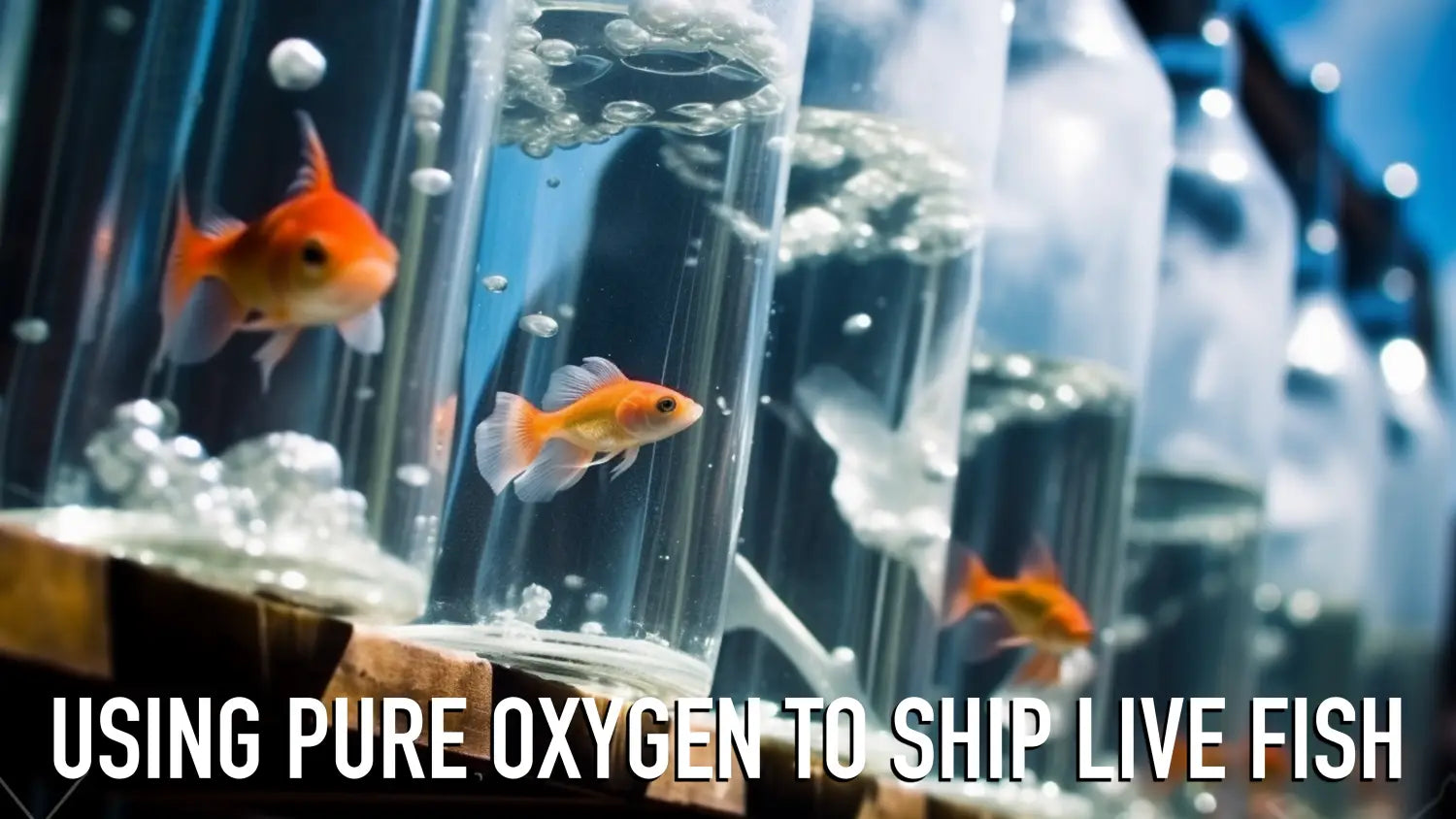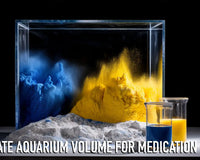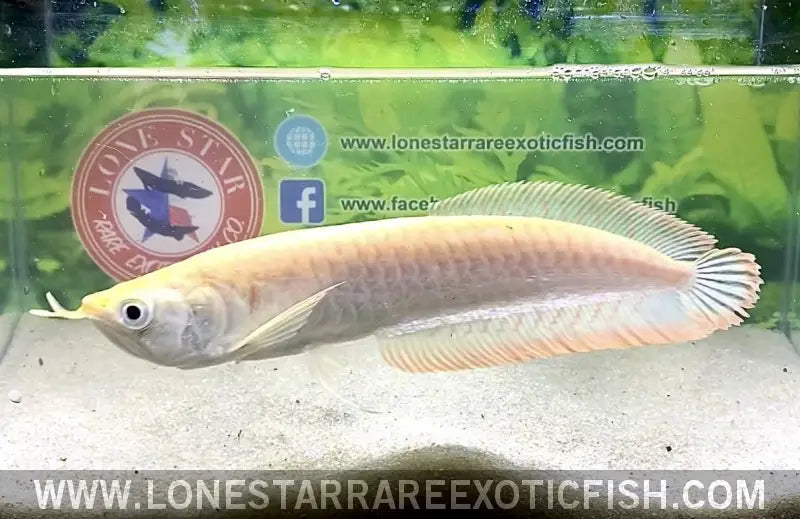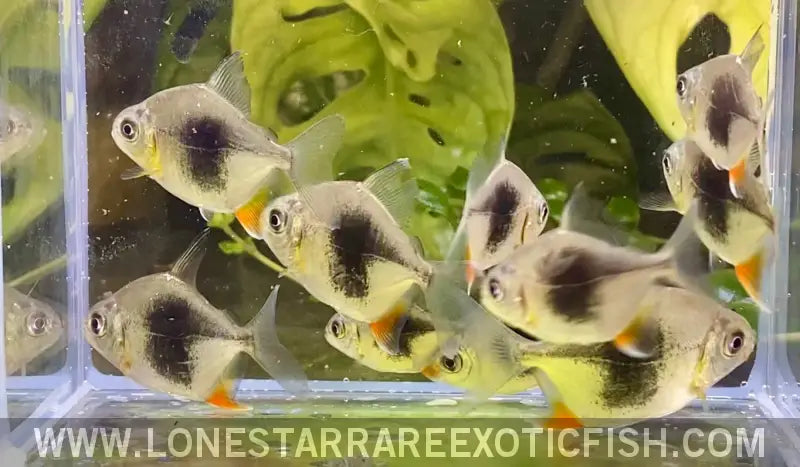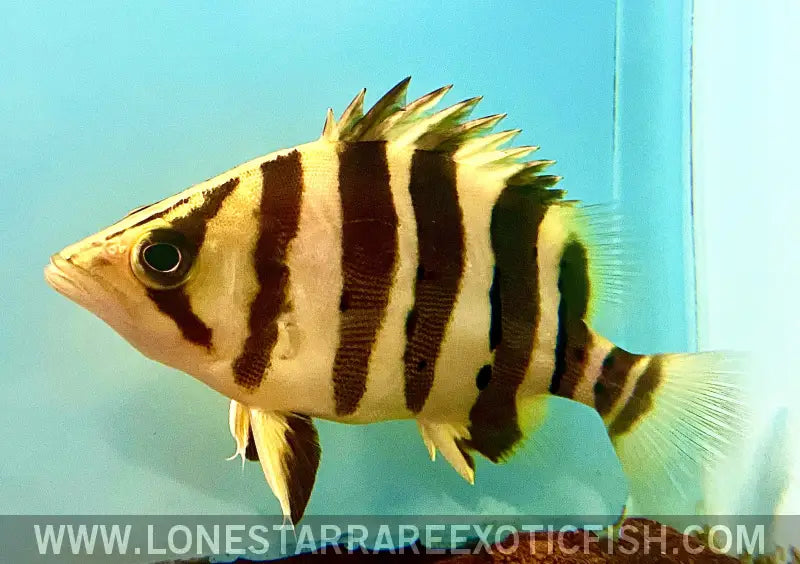Transporting live aquatic creatures, particularly fish, is a complex endeavor that requires utmost precision. A crucial aspect of ensuring their survival during this process revolves around the atmosphere in which they're transported. While one might assume ambient air would be sufficient, pure oxygen is overwhelmingly preferred. But why? Let's dive into the science and rationale behind this choice.
1. Composition of Ambient Air vs. Pure Oxygen
To understand the preference for pure oxygen, it's crucial first to dissect what ambient air contains:
- Oxygen (O₂): Roughly 21%
- Nitrogen (N₂): Approximately 78%
- Other Gases: About 1%, including argon, carbon dioxide, neon, and minute traces of other gases.
In contrast, pure oxygen is, as the name implies, 100% oxygen. This difference in composition lays the groundwork for the benefits pure oxygen offers in the shipping of live fish.
2. Maximizing Oxygen Availability
Fish, like all aerobic creatures, rely on oxygen for survival. The primary concern during shipping is ensuring fish have adequate oxygen levels. By using pure oxygen, shippers provide an environment with almost five times the potential oxygen supply of ambient air. This abundance guarantees fish won't deplete their oxygen supply too quickly during the journey.
3. Eliminating Nitrogen Complications
Ambient air's high nitrogen content can be problematic in closed systems. If nitrogenous waste products like ammonia start building up, they can jeopardize the fish's health. By using pure oxygen, shippers create an environment devoid of this extra nitrogen, thus reducing risks associated with gas imbalances.
4. Ammonia Excretion and Pure Oxygen
Fish excrete ammonia as a metabolic waste product through their gills. In high concentrations, ammonia is toxic and can lead to fatalities. An environment saturated with pure oxygen lowers the partial pressure of other gases, which can slow the rate at which fish release ammonia into their aquatic surroundings. This reduction further ensures the safety and well-being of the fish.
5. Efficiency in Transportation
From a logistical standpoint, using pure oxygen can increase the number of fish transported in a single container. With more oxygen available, the carrying capacity improves, and shipping becomes more efficient both economically and biologically.
6. Minimizing Stress Levels
Stable oxygen levels are directly linked to reduced stress in fish. Stressful conditions can weaken fish, making them more susceptible to diseases and even resulting in increased mortality rates. A consistent and abundant oxygen supply ensures fish remain calm and healthy during their journey.
7. Carbon Dioxide and pH Management
Fish respire, absorbing oxygen and releasing carbon dioxide. In closed systems, carbon dioxide can accumulate quickly, leading to a drop in water pH, making it more acidic. Acidic conditions can be harmful to many fish species. By using buffering agents alongside pure oxygen, shippers can control pH levels, ensuring the water remains safe for the fish.
In Conclusion
Shipping live fish is not merely about placing them in a bag of water and hoping for the best. It's a science. The use of pure oxygen is a testament to how technology and understanding can combine to ensure the best conditions for transporting these beautiful creatures. Whether it's ensuring their health, minimizing stress, or making the process more efficient, pure oxygen has proven to be an invaluable tool in the world of aquatics.

